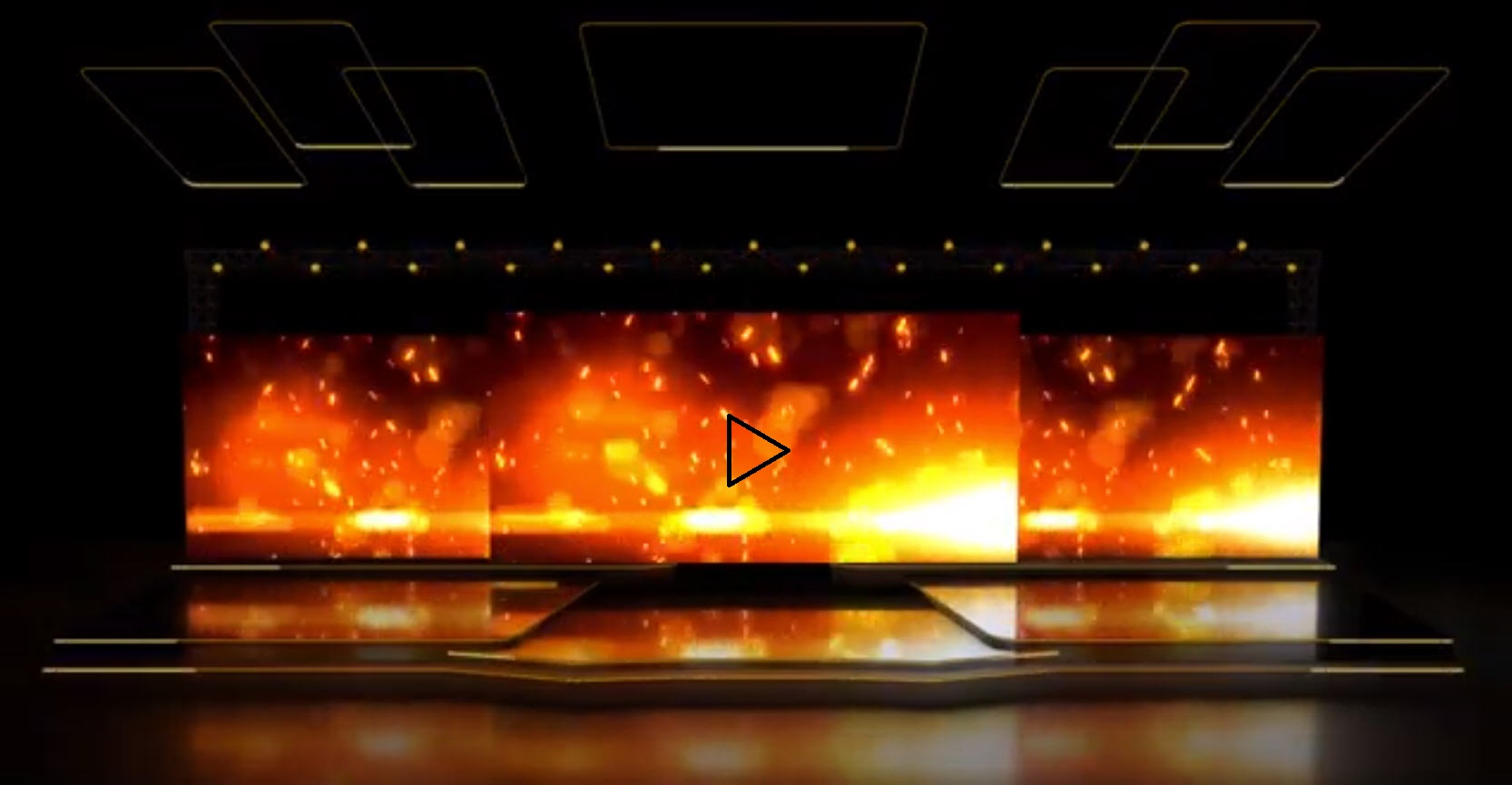.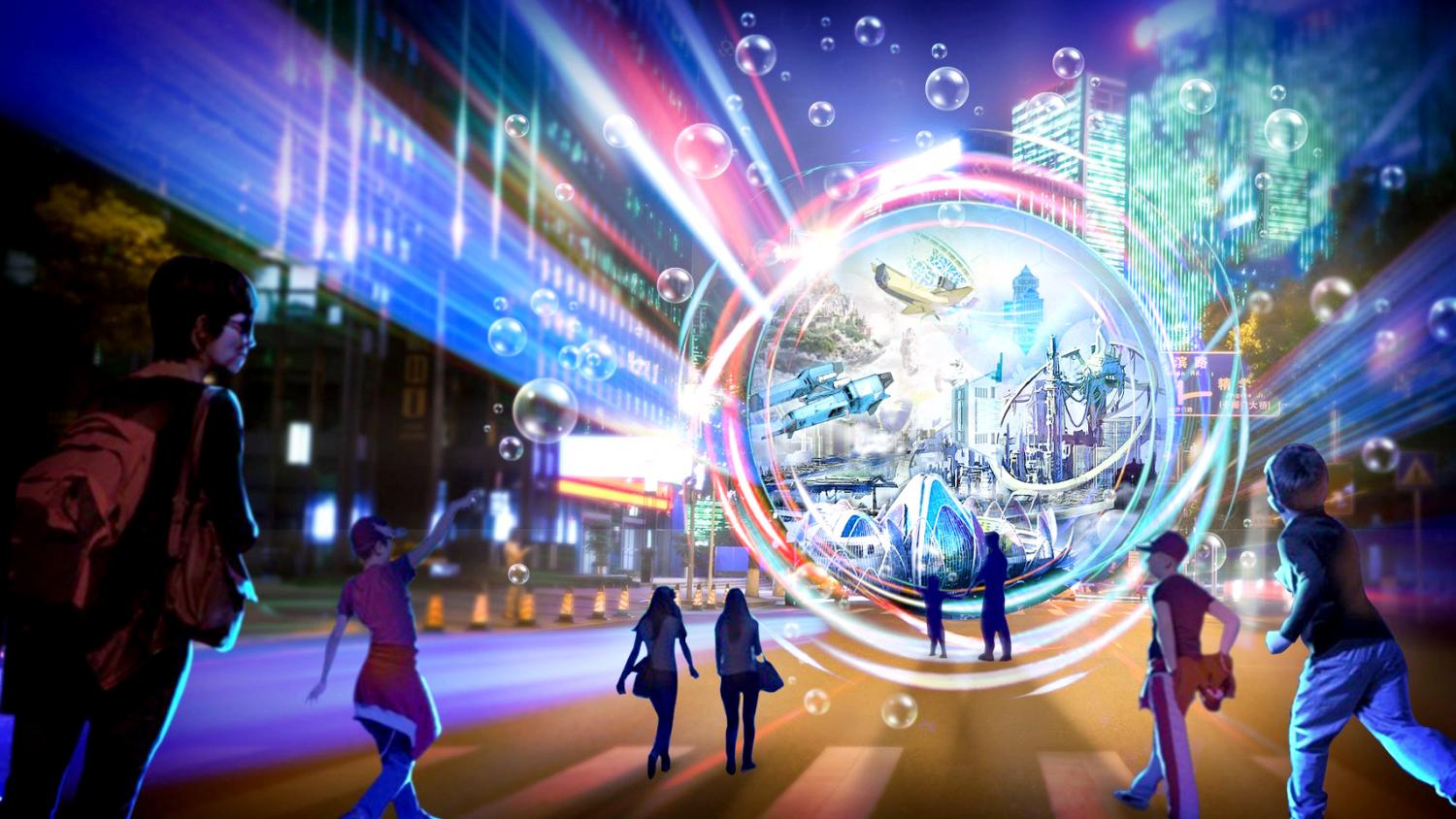 .
.
A NEW MUSIC METAVERSE FUTURE
(More about the Music Metaverse visit onlineplatform.link)
Over the past decade, our lives have drastically shifted to a “digital” and “connected” life online.
This has been significantly accelerated due to the ongoing global pandemic which prevented people from leaving their homes and Facebook’s recent rebrand to Meta is now adding jet fuel to the fire.
With a mission to merge our physical reality with our digital lives, the Metaverse could be set to change how we experience many aspects of our lives.
So what does the Metaverse mean for the future of Music?
When the Pandemic caused the world to go into lockdown it was difficult for everyone, the freedom to enjoy daily life was limited to the confides of the couch.
It was extremely tough for entertainers that relied on live events to make a living and in order to promote their music.
As such both the Artists sought new ways to engage with their fans and create and income and their fans alike were forced to seek out alternative means to find enjoyment.
For some sectors of the entertainment industry it was simple: when the casinos in Las Vegas were shuttered, people could head over to online casino, and instead of going to the cinema they could hit play on almost any show via Netflix or Hulu.
However for musicians and their fans, it was not so easy. While there were a variety of virtual “pre-recorded” performances, these fall far short of the ambience and experience of attending a live event – nor justify paying for it.
.
What is The Metaverse?
We don’t really know what it will become yet, however what the Metaverse is promising is both a virtual world and a way which will blend the digital world with the physical through a glass-type device that might just replace the mobile-phone.
For now we can imagine this virtual world in which you could go shopping, play a game or watch a concert with your friends from around the world together, all while not leaving the comfort of your house. The metaverse is your digital life and a technological shift in the way people socialize, connect and experience life.
While this all sounds like something out of a futuristic sci-fi and was literally an episode of Netflix’s Black Mirror, billions of dollars are being poured into this right now. So there’s a high chance you’ll be joining office meetings in a virtual office in the metaverse in the not too distant future.
.
.
Virtual Music Events In The Metaverse
Over the last two years countless artists held “quarantine concerts” on platforms like Facebook and YouTube, but most failed to keep viewers attention.
So Artists and event organizers were forced to “invent” enticing performance experiences from the bottom up, and the outcome was a glimpse at how the real world might interact with music performances in the Metaverse.
Travis Scott held a wildly popular event inside the free-to-play shooter game Fortnite which as attended by millions, French electronica icon Jean-Michel Jarre has held concerts in virtual reality, Minecraft played host to a festival called Blockely and Tomorrowland, the biggest annual EDM event held its 2020 edition in a bespoke digital world that (paying) attendees could access on their computers – or through their VR headsets.
Second-Life was one of the first to create a concept of a digital-life, and it’s creators Linden-Lab were developing Project Sansar which started out with the goal to become a fully-fledged metaverse.
They imagined it as an immersive, VR-first virtual world – much like Second Life, only bigger, better, and much more elaborate. However they abandoned the project before it was ready, choosing to focus on their existing metaverse, Second Life – which has around 900,000 active users today.
They sold Project Sansar to Wookey Technologies – who, in turn, transformed it into a platform for virtual reality-based live events.
Today, Sansar offers its users access to everything from the usual stuff like emotes and custom avatars to events ranging from watch parties and movie screenings to DJ mixes and virtual (reality) concerts.
Its partners include Spinnin’ Records, Pioneer DJ, Roddenberry Entertainment, Intel, and eSports brand Fnatic.
These virtual shows proved to far more entertaining, putting the viewer in a new world rather than simply reminding them of the reality of the world.
As the music and live entertainment industry continues exploring digital alternatives to in-person events, these upcoming “metaverses” may just provide the new platform they are looking for.
.

.
Undeniably VR hardware hasn’t reached widespread adoption by the everyday user yet, so only a small few will have really had a true insight to how these experiences are. This might not be for long though, with Facebook’s “Meta” and many emerging players in the space developing creative applications for VR headsets, a drastic rise in the coming years isn’t unlikely.
Even when the pandemic ends (if ever), there will be people who would love to attend a show, a screening or an open-air performance that can’t be there because of the costs or logistics involved. Metaverses will allow them to be part of the experience in a more immersive way than even the highest-definition live video stream can offer.
.
Non-Fungible Tokens, Next Generation Merchandise
.
Artist also sought to find new ways to cash in on their music and brands in other ways online during the last two years. NFT’s (Non Fungible Tokens), which are essentially a digitally, verifiable file stored on the blockchain have exploded in popularity and price. Artists quickly realized a single NFT could be more profitable in a minute than what music streaming services were paying them in a year.
In the real world NFT’s might be scoffed at for being just a JPEG or MP4 file, but in the crypto-community the right NFT is a symbol of class, they have perhaps become the new Rolex. Hundreds of famous artist including the likes of Don Diablo, Steve Aoki, 3lau, Alesso have hosted NFT sales netting them millions in minutes.
Content that would have once been referred to as digital promotional tools in years prior is now a direct and major source of income. However one problem existed for the buyers of these NFT’s – how can you show them off?. Enter the metaverse.
Other Metaverse platforms emerging out of the Blockchain community such as Bloktopia are in development and seeking to create a one stop online world that will connect with platforms such as Sansar with virtual storefronts, online gaming and more.
The projects teaser video gives us a glimpse of what this new online world could look like in action.
In the Metaverse, you’ll be able to show off your NFT purchases while you roam the virtual world. Companies are already buying offices in virtual skyscrapers, and soon you might be able to buy a virtual house where you can store your digital gold wether that be a digital art piece or an exclusive NFT by an artist.
.
.
A metaverse (not the metaverse, mind you, because we still don’t know what Meta’s upcoming VR/AR social network has in store for us) may just be what the music industry needs. Metaverses will be able to offer fans the possibility to show of their collections much as they did with records and also participate in physical events virtually, perhaps even half a world away, in some degree of “in-person”.
While the whole experience is still far from being a viable replacement for actually being there at a concert or a party, we are still at the very beginning of its evolution – so we can expect it to improve more and more in the future.
.

Right now, the music industry is awakening to the potential of digital property rights to transform how musicians earn a living, and fans are discovering new ways to connect with the music and each other.
Asking “What is the metaverse?” is a bit like asking “what is the internet”? In many ways, they are the same question. The short answer is that the metaverse is the online world, but what we usually mean when we talk about the metaverse is the emergence of free-form, community-created 3D worlds, and the right to own and sell digital items and property (aka NFTs).
The transformation from newspapers and magazines to the internet was a really big deal. For most people, newspapers and magazines were not things that we participated in: The internet is. But for decades, we didn’t really participate fairly in the value generated by the internet.
.
As soon as bands got on Facebook and built up a huge following, Facebook took away our ability to reach that following. We did all the work. We made the music and attracted the followers, but one day, Facebook pulled the rug from underneath us: Suddenly, we couldn’t communicate with our fans without paying for the privilege.
I helped build one of the top music apps of the day. BandPage had 500k bands and 30 million monthly active users. Bands would set our app as their landing page on Facebook, where fans could immediately listen to the music, share it with their friends, buy merch, or discover when the band would be in town.
Then one day, Facebook took away the ability for artists to decide their landing page. The landing tab was no more, and 90% of users could no longer find their favorite music to interact with it.
One centralized player made one choice, and the music community on Facebook was silenced overnight.
.

.
One of the key components of the metaverse is community ownership. The modern metaverse is backed by services that everyone with some tech skills can keep running, powered by crypto networks. When services are decentralized in that way, no single entity can control what we can and can’t do with our content, property, and spaces.
Decentralization means that many people are responsible for providing the services we rely on, instead of one dictator.
Decentralization isn’t new. Much of the web itself is decentralized — anybody can connect to the internet and host a web server anywhere without permission. Email is decentralized, too. You don’t have to use gmail if you don’t like it because there are many email providers, and you could run your own email server if you have the tech skills.
What is new is nothing short of revolutionary: Digital property rights. You can now sell a digital song to a fan like you could sell an autographed vinyl LP to a collector. Sure, that fan could stream the MP3 an unlimited amount of times for free on Spotify, but people are willing to pay to own something.
When you stream a song, it isn’t yours in any meaningful way. This technology is often called NFTs or “Non Fungible Tokens”.
You (the artist) retain the copyright, but they (the buyer) hold a digitally signed copy of your song that can be limited or even a 1 of 1 edition.
The buyer has the right to sell it, just like they could sell an autographed vinyl.
Those kinds of sales can make sense for artists no matter how big their fanbase is.
Fans want to support their favorite artists, and superfans are willing to pay thousands of dollars for one song to do it. Twitch streamers have known that fans want to support them for a while now.
It’s not unheard of for a fan in a Twitch crowd to gift subscriptions to 100 other fans at a time, just because they want to show some love to the artist and community.
Fans get into tipping wars, driving tip amounts up to thousands of dollars for 2 minutes of community clout.
Since tours have taken such a big hit lately, struggling musicians need and deserve every bit of support they can get.
We have hardly begun to explore the full range of new business models we’re opening up in the music metaverse.
.
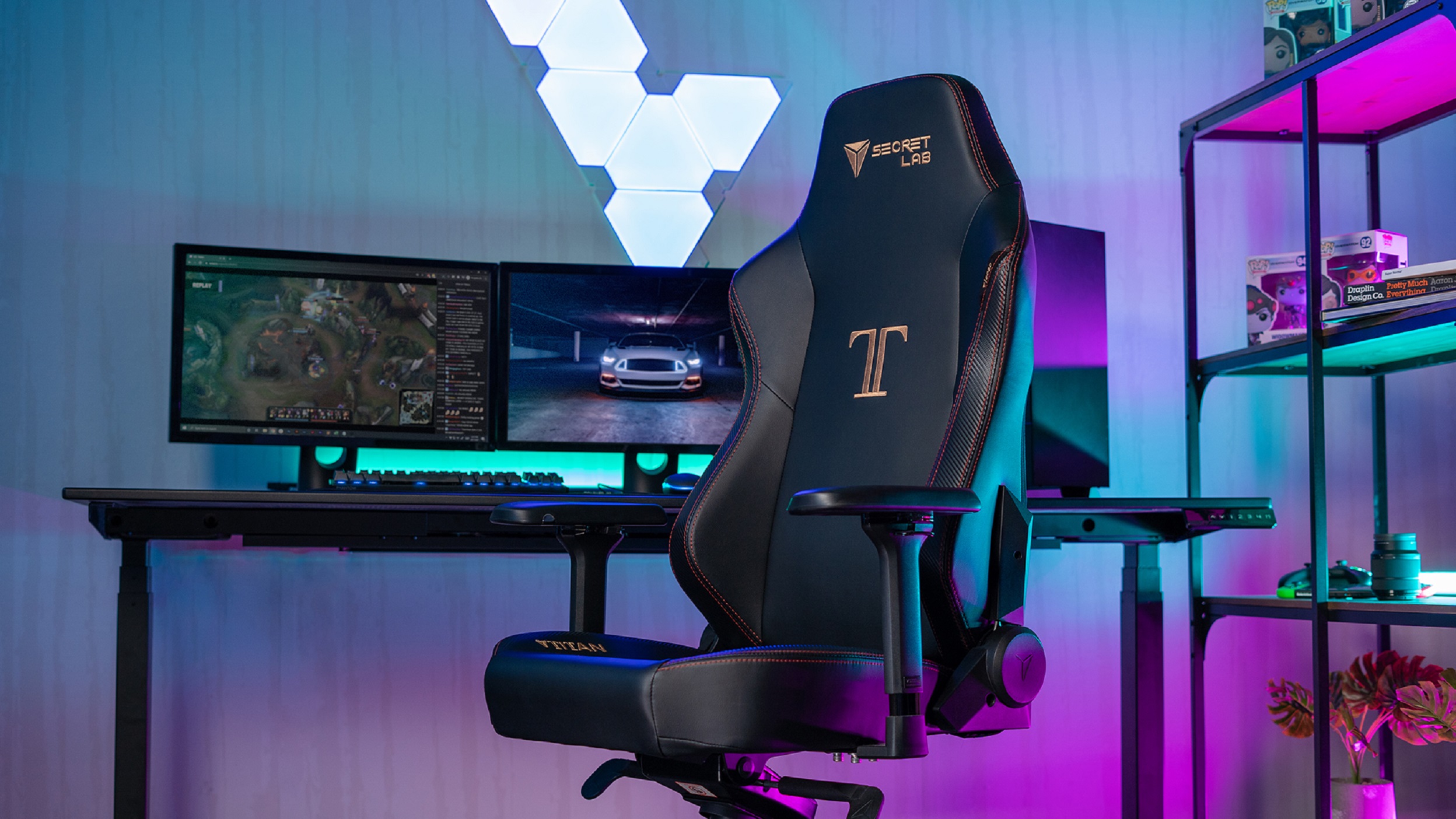
..
.
Why Are Major Labels and Artists Jumping In?
.
OpenSea, the largest marketplace for NFTs (the digital property underlying the metaverse) sold $8m in January this year (2021). So far in October, they’ve sold about $2.5b. After the music industry fought hard against MP3s, missing out on $billions of potential streaming royalties for an entire decade, we’re not about to repeat the mistakes of the past.
From an artist’s perspective, one of the best things about digital drops is that secondary market royalties can be added to the smart contracts that govern the exchange of digital items, so your favorite artist can get paid forever for their next legendary recording, every time it’s resold.
In a world where only a select few artists have been able to earn a full time living, royalties are a game-changer that may just make it possible for more people to earn a sustainable living from their art.
Who’s getting involved? One of our favorite drops was The Weeknd’s “Acephalous” The Source/Artifacts series which sold on Nifty Gateway. You can view the collection on OpenSea.
Other notable artists dropping NFTs include Weezer, Eminem, Mick Jagger and Dave Grohl, RAC, Steve Aoki, Flying Lotus, The White Stripes x The Glitch Mob, and of course, Snoop Dogg sold a private party pass that promises “Access to Snoop Dogg’s lifestyle: attend Snoop’s private metaverse parties, get access to exclusive NFTs, and enjoy priceless experiences..”
Digital merch sales are opening up a new form of audio/visual collaboration. For example, Calvin Harris teamed up with Emil Nava for the TECHNOFISH series.
MF Doom famously dropped a groundbreaking augmented reality collection of his iconic masks just before he passed away. We have always been huge fans in our house, and we were utterly heartbroken by the news of his passing.
So far we’ve seen short-form music video clips from The Weeknd and Mick Jagger, virtual toys from Weezer, augmented reality masks you can view on your own face, and an access pass from Snoop. I haven’t even mentioned virtual fashion, cars, real-estate, and concert tickets yet, have I?
In just a handful of examples, we’re seeing lots of very different sounding things being called “NFTs”. That begs the question, what exactly is an NFT?
.
.
What Does NFT Mean?
.
All digital assets, no matter what they are, are ultimately represented by tokens: random-looking strings of text encoded on a shared accounting ledger. That ledger keeps track of who owns what in a way that anybody with the skills or a good app can verify.
If I say I have a ticket to your online concert, and that ticket is backed by a token on that ledger, you can verify that I’m telling the truth without knowing or trusting me.
And we trust the ledger because we can all own a piece of it, and any of us can verify the information it contains with the right tech skills or the right app. We don’t have to trust each other to do business.
That’s why you’ll hear the word “trustless” a lot if you spend much time exploring the space.
As a tech person, I understand where the term NFT comes from — to distinguish them from fungible cryptocurrencies that are used as money. $1 is $1 and any dollar can buy anything that costs $1.
But as a musician, the term tells me nothing about what you’re selling, because almost everything in life is Non-Fungible, so when we’re talking about NFTs, it’s often useful to get more specific.
So what is an NFT? It can be anything, from a digitally autographed audio recording of your song to a concert ticket, to a fan club membership token.
Almost anything can be an NFT. If it’s digital and you can buy and sell it on an open marketplace like OpenSea, it’s an NFT.
.
.
Metaverse Music
When we talk about the music metaverse, we’re really talking about many different things:
- Audio/visual art
- Digital merch & fashion
- Streaming concerts
- 3D worlds
- Avatars
- Tickets, memberships, and access passes
- Much more….
.
This past week, Decentraland hosted the first Metaverse Festival featuring 80 artists and DJs. Some highlights for me included Autograf, Deadmau5, KJ Sawka (Pendulum, Destroid), and Benji Patterson, but the full lineup included something for everyone.
The festival included everything you’d expect at a music festival, including a VIP area exclusive to Metakey holders, food trucks, and a merch village, where people could buy Decentraland wearables.
.

.
Ever been to concerts with T-shirt canons launching merch into the crowd? Airdrops parachuted crates of virtual goods onto the main evolution dancefloor throughout the festival, distributing limited-edition treasure to lucky attendees.
Other features included a ferris wheel, a slide, hot air balloons, mini-games, and a train you can ride around the festival grounds.
Decentraland’s wasn’t the first metaverse music festival. Earlier this year, Porter Robinson’s Secret Sky Festival hosted an all-day lineup of acts culminating in Porter Robinson’s stunningly produced headline set — well worth the watch on YouTube if you missed the live stream.
There is a key difference, though. We own the stuff we collect in Decentraland. Now that we have the merch in our wallets, we can go to any supporting 3rd party platform and sell it. You can buy and sell land in Decentraland as well, and build your own stages, concert halls, practice studios, galleries, meeting spaces, living rooms, or spaceships.
Secret Sky was an extremely well executed experience with cute little hooded avatars, trees, stream, secret dancefloor, and all. I’d love to see a digital merch drop that fans can collect to remember the artistically stunning experience.
Ristband is building a metaverse dedicated to virtual concerts. Like Decentraland and the Secret Sky Festival, it’ll be a 3D space where people can wander around like they can in a video game, discover live shows, and attend in VR. We can’t wait to check it out.
.
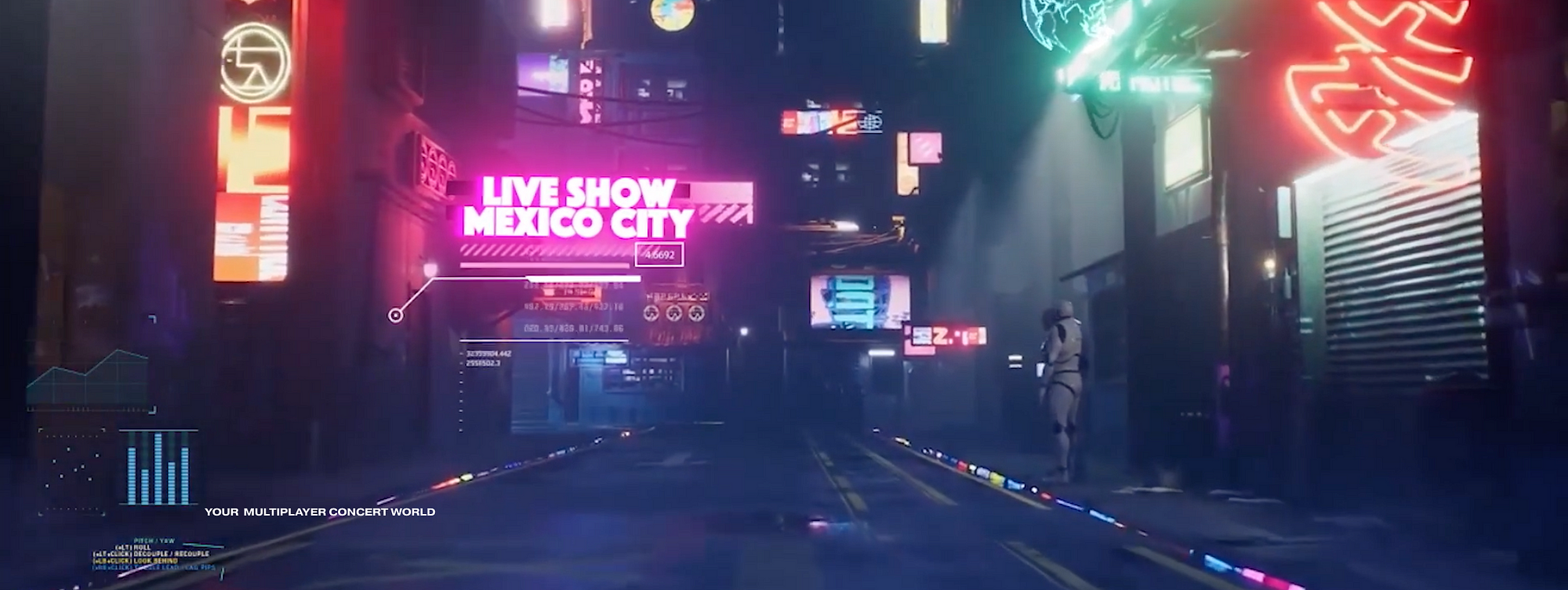
The difference between an ephemeral concert and one that drops digital merch is difficult to describe. When we own a piece of it after the fact, we have something to anchor our memory to: something that brings the feeling back.
The things we collect in the metaverse tell a story about us: the bands we love, the places we’ve been, and most importantly, the connections we form with other people.
Fans who hold items from the same artists instantly recognize a bit of themselves in other people.
We know at a glance that we have something in common, just like spotting your favorite band T-shirt on the street. We smile and nod. “I see you.”
.
Community is Everything
One of the most addictive qualities of owning music tokens is the community that tends to build around them. An artist can create a membership token that grants special access, or a profile picture collection that fans can use to identify themselves on social media, or in your Twitch/Discord chats. The authenticity of those tokens can be easily verified. You can’t fake the funk.
Personally, we can’t wait until we can collect metaverse drops from all our favorite artists. There is an immense catalog of legendary performances that bands could be getting paid for, in perpetuity. We want to support them for the amazing art they’re putting out into the world.
There are stunning performances from artists like Arlo Parks on YouTube. What if you could own a limited edition copy digitally signed by Arlo Parks, and the performers could get paid every time one sold, for life?
.
We’ve had Bachelor’s “Stay in the Car” on loop since it came out. We’d pay good money to own a limited edition of the outrageously creative video. We’d drop a big chunk of change on it today, if we could.
We see a future where metaverse drops and performances will be an integral part of every artist’s life, and a major contributor to the artist’s income. One of our favorite things about the metaverse is that we, the music community, get to decide what music is worth. And it’s worth a lot more than the traditional music industry was ever able to realize.
.
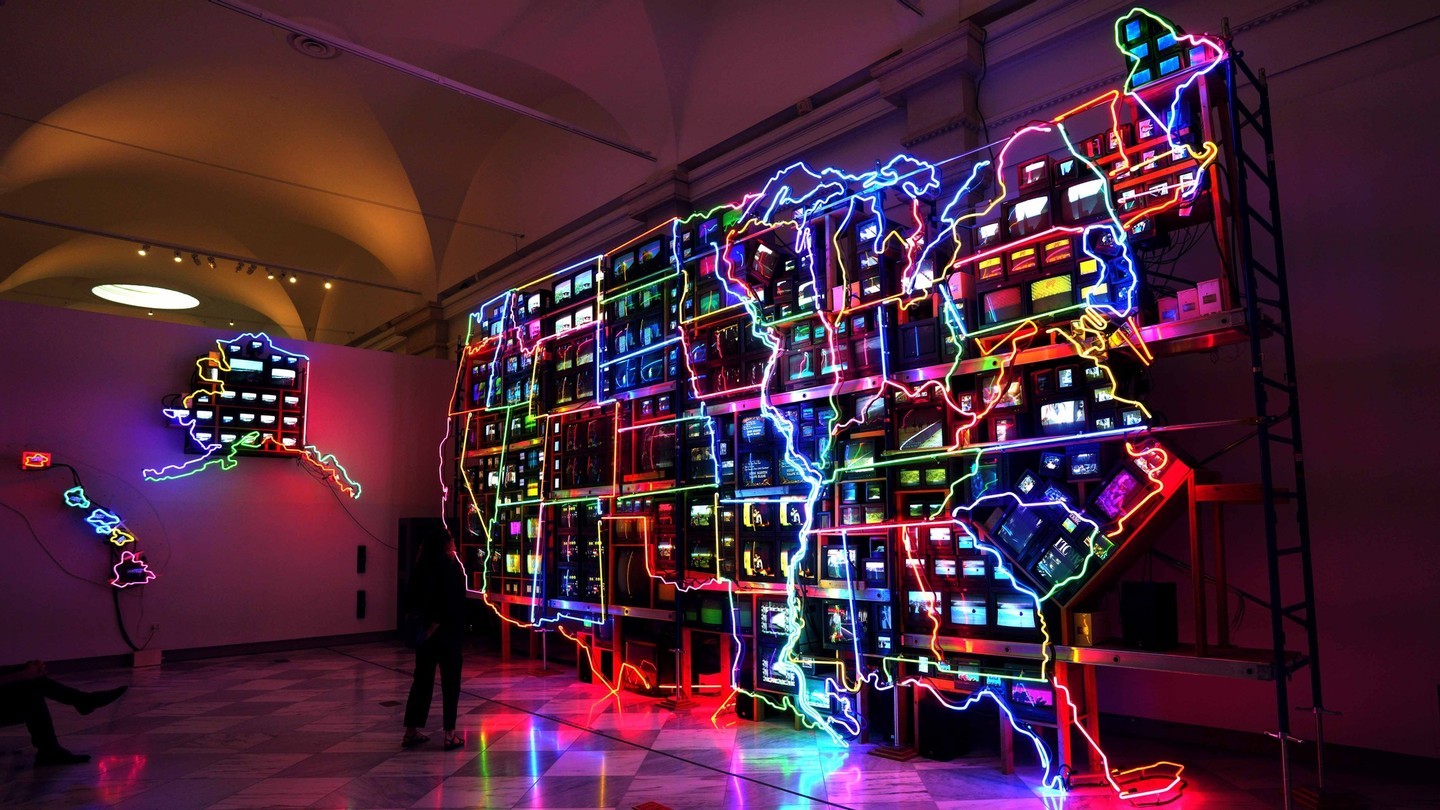
.
Source: Eric Elliott / Cultr Staff

